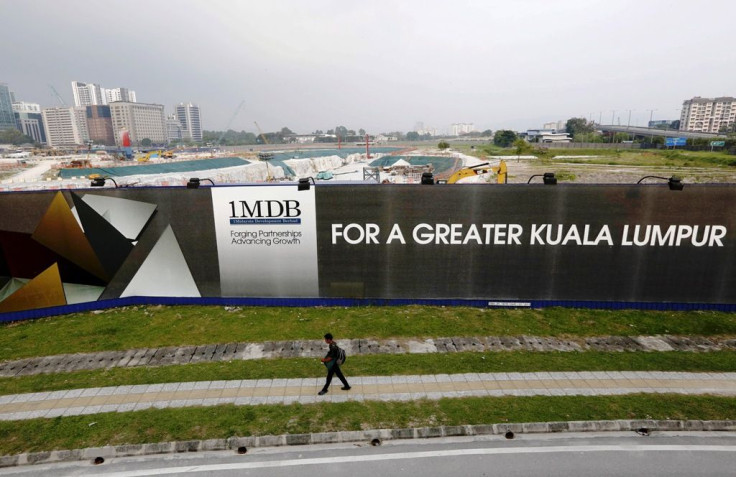Malaysia 1MDB Scandal: Central Bank Files Police Report Against Wall Street Journal Over Leaked Document

UPDATE: 6:27 a.m. EDT — Malaysia’s central bank has lodged a police report against the Wall Street Journal to probe the leak of a confidential document detailing the investigation linked to a Malaysian state-run fund, Prime Minister Najib Razak said Friday.
“They [police] will have to investigate. Publishing confidential documents under OSA [Official Secrets Act] is a very serious action on [their] part,” Najib said. On Thursday, the Journal had reported, citing a letter addressed to Hasan Arifin, the chairman of a parliamentary committee investigating 1Malaysia Development Berhad, that political pressure and lack of transparency influenced the investigation into corruption and money laundering allegations against 1MDB.
Original story:
Malaysian investigation into corruption and money laundering allegations at a state-run fund was marred by political pressure and lack of transparency, the Wall Street Journal reported Thursday, citing documents and people interviewed. Malaysian President Najib Razak, who set up the 1Malaysia Development Berhad (1MDB) fund, had ordered the probe into the allegations in 2015 to the auditor general, the country’s investigative agency.
Possible vital clues related to 1MDB’s activities were not examined and at least one important figure, Najib himself, was not probed, according to the Journal report. Najib had ordered the auditor general’s findings, which are often made public, to be reviewed and deliberated by the Public Accounts Committee, a parliamentary body. However, the agency’s report was concealed from public under Malaysia’s Officials Secrets Act, the Journal reported, adding that the auditor general had given additional information in a presentation to the Public Accounts Committee.
The auditor general had “specifically confirmed that $7 billion of 1MDB assets and transactions overseas cannot be verified or traced,” Tony Pua, an opposition lawmaker of the committee, said earlier this month. However, according to the Journal, the committee did not mention the $7 billion estimate when it published a report on 1MDB in April saying that an unspecified amount of money was not taken into account.
Hasan Arifin, a ruling-party politician who heads the committee, decided against calling Najib to testify despite the prime minister being a chairman of 1MDB’s board of advisers and the country’s finance minister, the Journal report said. Those involved in the probe had repeatedly asked Hasan to get Najib’s testimony, Pua and two current and former ruling-party politicians on the committee told the newspaper.
“I have to earn a living,” Hasan reportedly said, referring to the decision to drop Najib as a witness. However, he said that the remark was a joke, the Journal reported.
According to Pua and the current ruling-party member, Hasan did not inform the parliamentary committee about evidence from a senior central bank official — submitted in an April 6 letter to Hasan— that $1 billion of 1MDB funds were transferred to an offshore company owned by a close associate of the Malaysian premier. They added that Hasan did not share the information in the letter to the committee, the Journal reported.
Allegations against Najib were first made in a July 2015 report by the Journal, which said that investigators traced transactions from an account at Falcon Private Bank in Singapore to accounts in Malaysia. Najib, who set up 1MDB to boost the country’s economic growth, was linked to the 1MDB corruption scandal after $681 million was found in the premier's personal bank accounts, which he claimed was a political donation by the Saudi Arabian royal family. He allegedly spent about $15 million on luxury items from his personal bank accounts — money that investigators believe came from the indebted fund.
Najib has consistently denied the allegations.
© Copyright IBTimes 2025. All rights reserved.






















